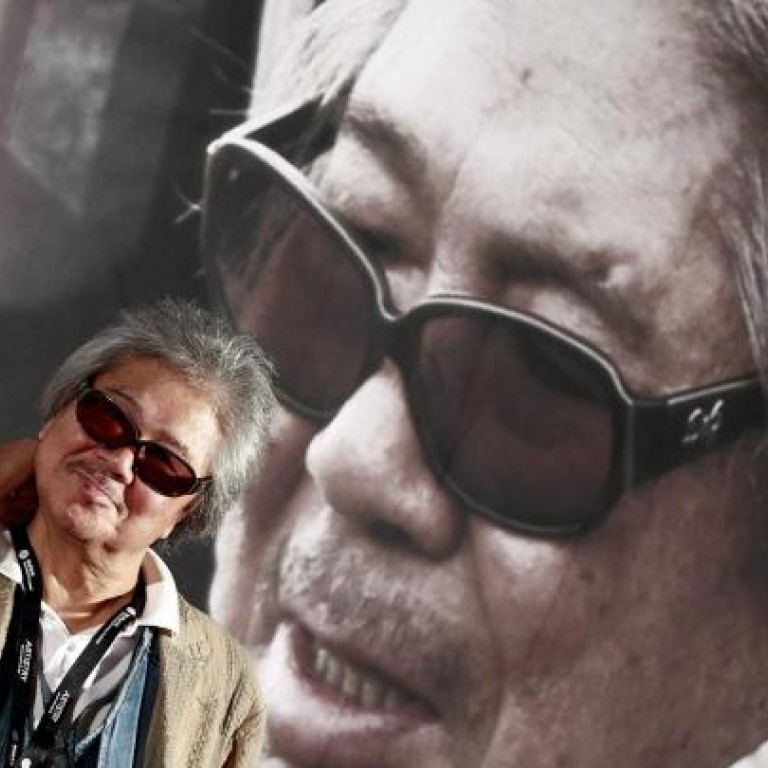
Japanese film director Koji Wakamatsu dies at the age of 76
Koji Wakamatsu dies at the age of 76, just weeks after being named Asia's top filmmaker, leaving behind years of passionate directing
Award-winning Japanese director Koji Wakamatsu has died at the age of 76 after being hit by a taxi, leaving a legacy of a career that began in pornography and ended in acclaimed independent productions.
Wakamatsu was admitted to hospital on Friday after being knocked over as he crossed the road in Tokyo, said Kazuya Shiraishi, an employee at his production company.
Just two weeks ago he was named Asian Filmmaker of the Year at the region's biggest film festival in South Korea, for his contributions to independent cinema.
Interviewed in Busan, South Korea, the director had said he felt his films were undervalued in Japan, "so this is a great honour for me".
"I am an independent filmmaker and this goes against the system in Japan. But you have to make the films that are in your heart, not films other people want you to make," he said.
He was a critic of the way Japan's film industry operates and called for government funding to be switched from commercial movies to independent flicks, which he said provided a voice.
"The reason I became a filmmaker was to talk to the country," he said in Busan this month.
"One way to get attention is to shoot people with a gun, but I chose the camera instead of the gun.
"I think cinema means freedom and through cinema, you are free to do whatever you want."
Wakamatsu first came to international attention when was featured at the 1965 Berlin International Film Festival.
In a career that spanned more than 100 movies, he was as noted for his work exploring strong social themes as he was for his contribution to adult films.
He was prominent in Japan's "pink" or soft-porn genre with (1968) and entered the mainstream with his involvement in the likes of the acclaimed 1976 erotic drama .
His 2008 centred on the Japanese Maoist group of the same name that became involved in a protracted police stand-off after taking a woman hostage in rural Japan. The film won the Best Asian Movie Award at Berlin.
Wakamatsu's depicts a soldier during imperialist Japan's pillaging of neighbouring China, who returns scarred, and with no arms and legs but with an ample sexual appetite.
Shinobu Terajima, who won the best actress award in Berlin for her role in paid tribute to a man she said had a "burning passion" for his art.
"He disappeared so suddenly, the director who likes to surprise people. I want him to show up again, saying he's just kidding," she wrote.
"The director who is considerate, who sides with the weak and turns on the strong, who loves liquor and good food, who had a burning passion for filmmaking. Oh, where on earth are you?"
Wakamatsu's last work was ( ), which featured at this year's Venice International Film Festival.
Kim Ji-Seok, executive programmer of the Busan film festival, will travel to Japan to deliver photos of Wakamatsu taken during the festival to his family, a festival spokeswoman said.
He will also take a bronze plaque with Wakamatsu's hand print made during this year's festival as well as a message of condolences from organisers.
"He looked so happy in Busan only a few days ago … it still feels so surreal [that he's gone]," Kim tweeted on Wednesday.
